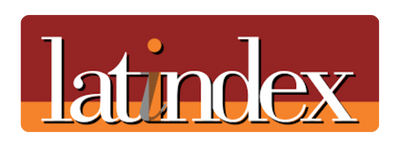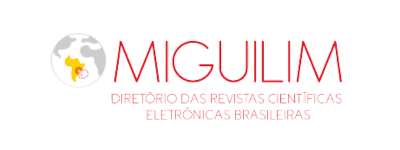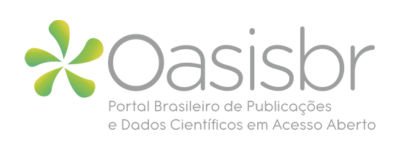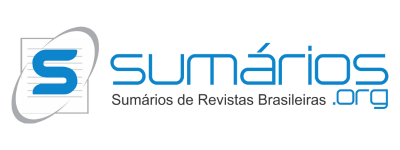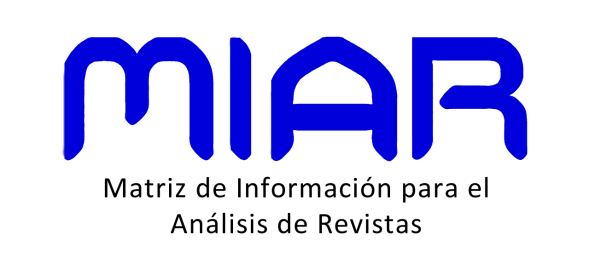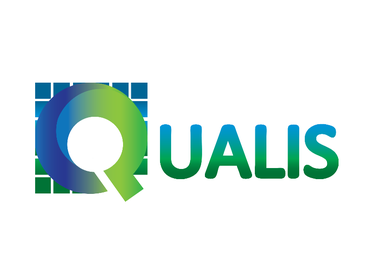Articulation of Full-Time Education
An Overview of the Proeducar Program
Visualizações: 470DOI:
https://doi.org/10.56579/rei.v6i2.1511Keywords:
Education, Full-Time, Proeducar, School DynamicsAbstract
This article discusses and addresses the relevance of full-time education, focusing on the study of the Program for Reinforcement and Optimization of Regular Education, known as PROEDUCAR, in the municipality of São Mateus do Maranhão. The main objective of this research is to understand the impact of programs aimed at extending the school day, specifically the PROEDUCAR program, on students' academic performance, social and emotional development, and the overall school dynamic. The study was conducted using a qualitative methodology, including literature reviews, interviews, and direct observation of the program's activities. This allowed for highlighting the importance of full-time education programs and their impacts on students' reality. The present study begins with some initial considerations. Second, a brief introduction to full-time education is presented. Third, the data collected during the research is presented. The fourth part is dedicated to a grounded discussion and debate on the data collected. Finally, the study concludes with the final considerations.
Downloads
References
ALMEIDA, Paulo Nunes de. Educação lúdica: técnicas e jogos pedagógicos. São Paulo, SP: Loyola, 2008.
BETTI, Mauro; ZULIANI. Luiz Roberto. Educação Física Escolar: uma Proposta de Diretrizes Pedagógicas. Revista Mackenzie de Educação Física e Esporte, v. 1, n. 1, p. 73- 81, 2002. Disponível em: https://www.mackenzie.br/fileadmin/OLD/47/Graduacao/CCBS/Cursos/Educacao_Fisica/REMEFE-1-1-2002/art6_edfis1n1.pdf. Acesso em: 19 dez. 2023.
BOAS, Mariana Lubarino Vilas; ABBIATI Andréia Silva. A Educação (em Tempo) Integral No Brasil: Um Olhar Sobre Diferentes Experiências1. Revista on line de Política e Gestão Educacional, v. 24, n. 3, p. 1573–1597, 2020. Disponível em: https://periodicos.fclar.unesp.br/rpge/article/view/13545. Acesso 18 dez. 2023. DOI: https://doi.org/10.22633/rpge.v24i3.13545
BRASIL. Ministério da Educação. Base Nacional Comum Curricular. Brasília, 2018. Disponível em: http://www.in.gov.br/en/web/dou/-/medida-provisoria-n-934-de-1-de-abril-de-2020- 250710591. Acesso em: 19 dez. 2023.
BRASIL. Ministério da Educação. Lei de Diretrizes e Bases da Educação Nacional. Lei n. 9.394/96. Disponível em: http://www.planalto.gov.br/ccivil_03/Leis/L9394.htm. Acesso 18 dez 2023.
COELHO, Iandra Maria Weirich da Silva. Competência comunicativa crítica no ensino de línguas a distância: reflexões e propostas preliminares a partir da ideia de brechas. EaD Em Foco, v. 11, n. 1, p. 1-14, 2021. Disponível em: https://eademfoco.cecierj.edu.br/index.php/Revista/article/view/1607. Acesso em: 6 nov. 2023. DOI: https://doi.org/10.18264/eadf.v11i1.1607
FREITAS, Cezar Ricardo de; GALTER, Maria Inalva. Reflexões sobre a educação em tempo integral no decorrer do século XX. Educere et Educare, [S. l.], v. 2, n. 3, p. p. 123–138, 2007. DOI: 10.17648/educare.v2i3.660. Disponível em: https://e-revista.unioeste.br/index.php/educereeteducare/article/view/660. Acesso em: 19 dez. 2023.
GALLO, Sílvio. A educação integral numa perspectiva anarquista. In: Coelho L. M. da C. C.; CAVALIERE, A. M.V. (Orgs.). Educação Brasileira e (m) Tempo Integral. Petrópolis, RJ: Vozes, 2002, p. 13-42. Disponível em: https://www.pmf.sc.gov.br/arquivos/arquivos/pdf/14_02_2011_11.38.45.01317bd0af0ae5441a46464545b0607c.pdf. Acesso em: 19 dez. 2023.
GIL, Antonio Carlos. Métodos e técnicas de pesquisa social. 6ª ed. São Paulo: Atlas, 2010.
GOUVEIA, Maria Júlia Azevedo. “Educação integral com a infância e a juventude”. Cadernos Cenpec, São Paulo, v. 1, n. 2, p. 77-85, 2006. Disponível em: http://dx.doi.org/10.18676/cadernoscenpec.v1i2.128. Acesso em: 19 dez. 2023. DOI: https://doi.org/10.18676/cadernoscenpec.v1i2.128
GUARÁ, Isa Maria F. Rosa. É imprescindível educar integralmente. Cadernos Cenpec,”. Cadernos Cenpec. São Paulo, v. 1, n. 2, p. 15-24., 2006. Disponível em: http://dx.doi.org/10.18676/cadernoscenpec.v1i2.168. Acesso em: 19 dez. 2023. DOI: https://doi.org/10.18676/cadernoscenpec.v1i2.168
LEITE, Lúcia Helena Alvarez; CARVALHO, Paulo Felipe Lopes de. Educação de tempo integral e a constituição de territórios educativos. Educação & Realidade, Porto Alegre, v. 41, n. 4, 2016, p. 1205-1226. Disponível em: http://dx.doi.org/10.1590/2175-623660598. Acesso em: 19 out. 2023. DOI: https://doi.org/10.1590/2175-623660598
OLIVEIRA, Sérgio Godinho. A nova educação e você – o que os novos caminhos da educação básica pós LDB tem a ver com educadores, pais, alunos e com a escola. Belo Horizonte: Autêntica, 2007.
PARENTE, Cláudia da Mota Darós. Políticas de educação integral em tempo integral à luz da análise do ciclo da política pública. Educação & Realidade, Porto Alegre, v. 43, n. 2, p. 415- 434, abr./jun. 2018. Disponível em: http://www.scielo.br/pdf/edreal/v43n2/2175-6236-edreal-2175-623661874.pdf. Acesso em: 20 dez. 2023. DOI: https://doi.org/10.1590/2175-623661874
PATTARO, Rita de Cássia Ventura; MACHADO, Vera Lúcia de Carvalho. Educação integral e a perspectiva histórico-crítica: aproximações possíveis. Educação, [S. l.], v. 39, n. 1, p. 117–128, 2014. DOI: 10.5902/198464444796. Disponível em: https://periodicos.ufsm.br/reveducacao/article/view/4796. Acesso em: 19 dez. 2023. DOI: https://doi.org/10.5902/198464444796
RODRIGUES, Mariana Ruas; SANTIAGO, Érika Jordana Freitas; JÚNIOR, César Rota. Educação de tempo integral: da carência à proteção. Psicologia da Educação, n. 52, p. 86–96, 22 out. 2021. Disponível em: https://revistas.pucsp.br/index.php/psicoeduca/article/view/55797. Acesso 18 dez. 2023. DOI: https://doi.org/10.23925/2175-3520.2021i52p86-96
ROLOFF, Eleana Margarete. A importância do lúdico em sala de aula. Porto Alegre: Artmed, 2007.
VASCONCELOS, Rosylane Doris de. As políticas públicas de educação integral, a escola unitária e a formação onilateral. 2012. 281f. Tese de doutorado - Universidade de Brasília, Faculdade de Educação, Programa de Pós-Graduação em Educação, 2012.
Downloads
Published
How to Cite
Issue
Section
License
Copyright (c) 2024 Interdisciplinary Studies Journal

This work is licensed under a Creative Commons Attribution 4.0 International License.
The Journal of Interdisciplinary Studies adopts the Creative Commons Attribution 4.0 International License (CC BY 4.0), which allows for sharing and adapting the work, including for commercial purposes, provided proper attribution is given and the original publication in this journal is acknowledged.


